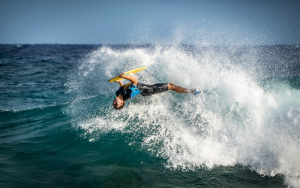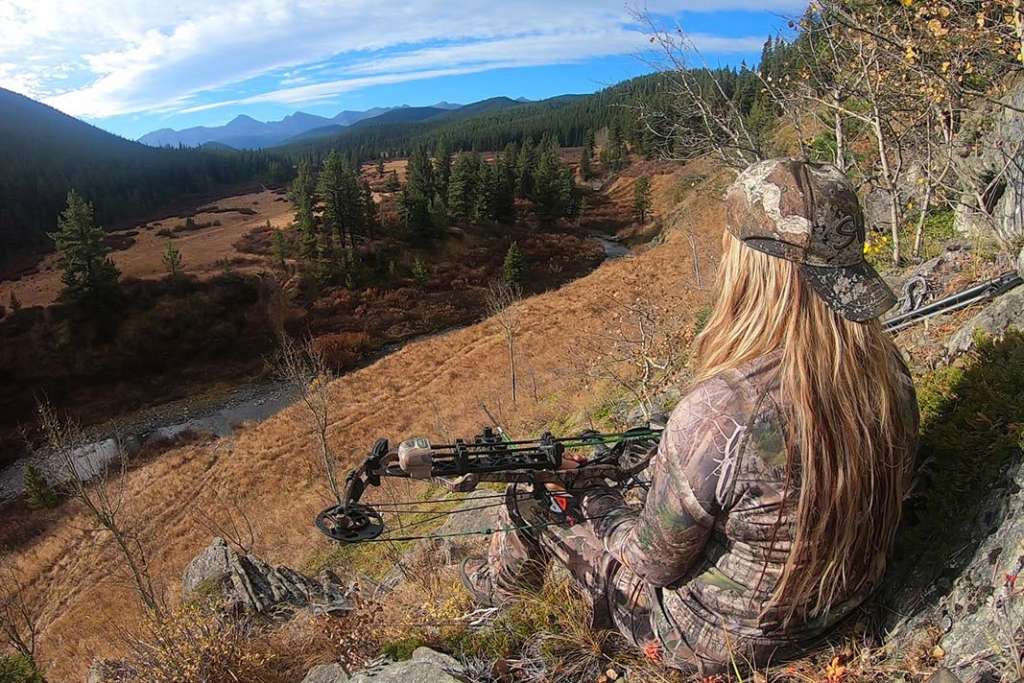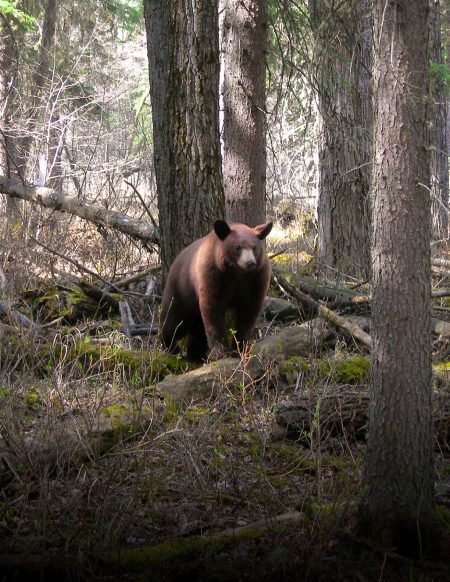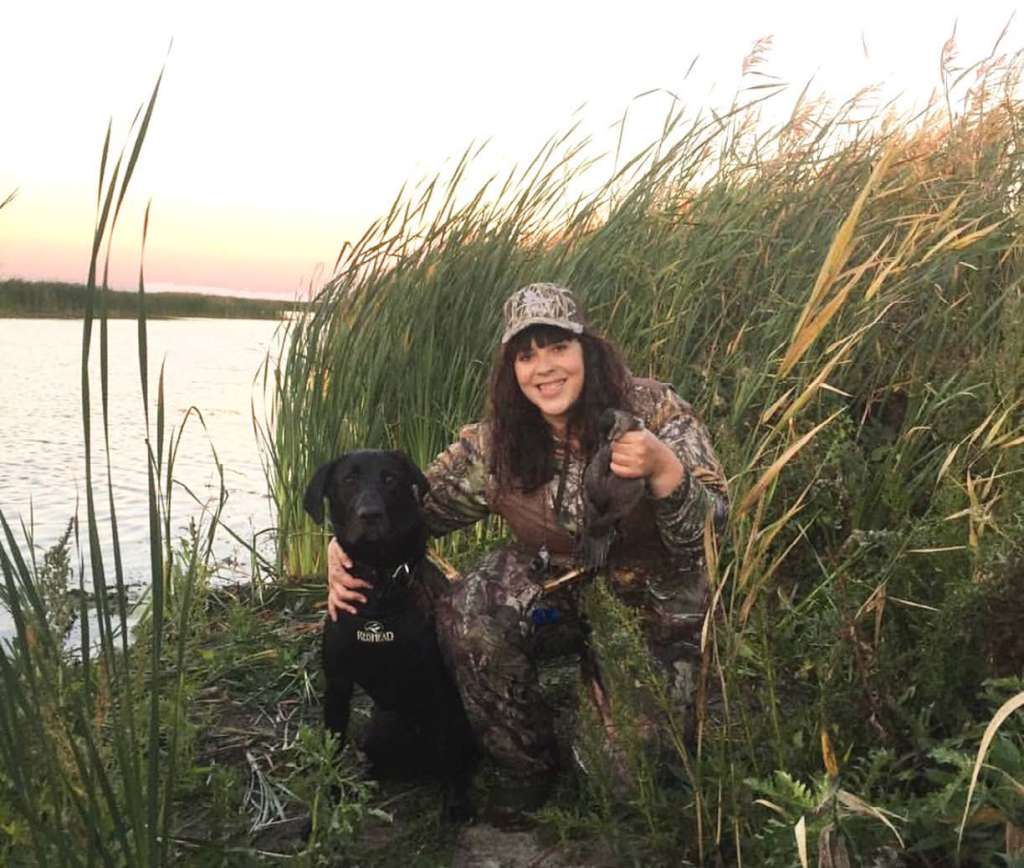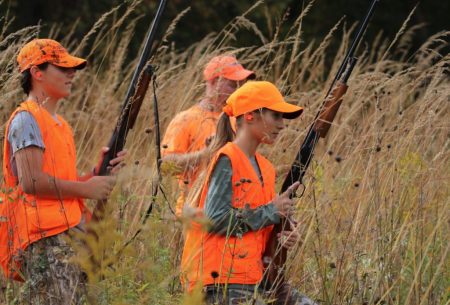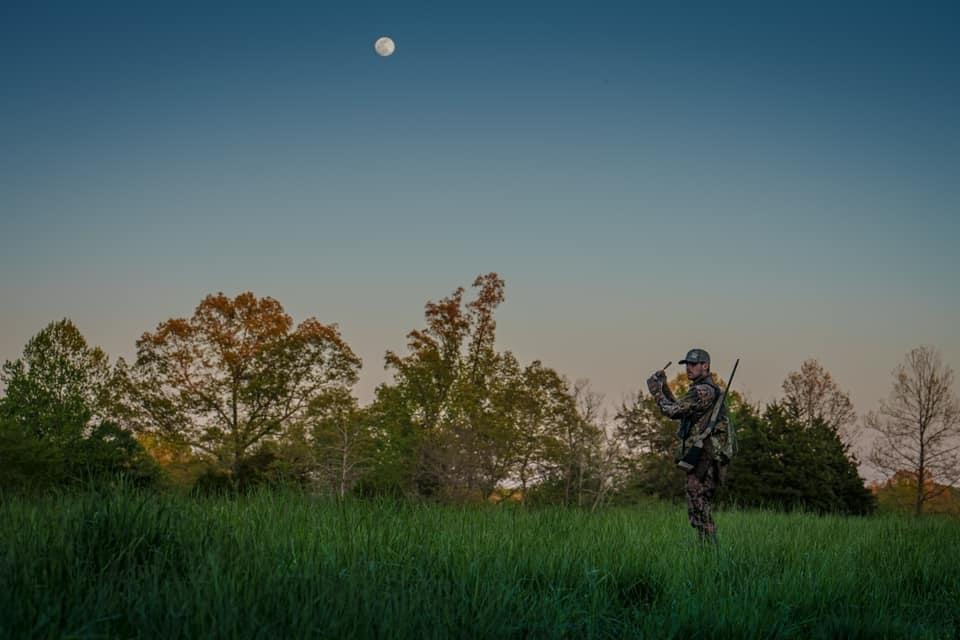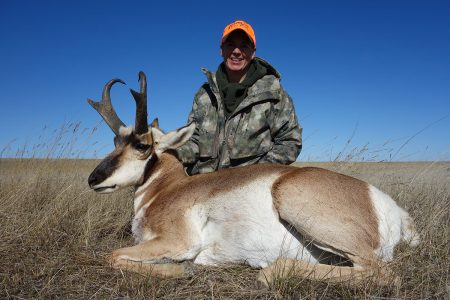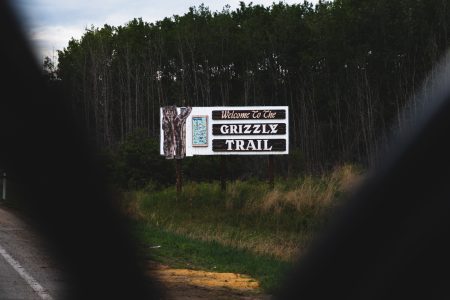Are you looking for a great way to spend time outdoors, harvest natural protein and have fun, but you aren’t clear where or how to start? Then follow along!
I was fortunate to grow up in a family where we spent quality time hunting and fishing; it was a way of life for us. But for those who didn’t grow up in a family of hunt- ers or have a hunting mentor, don’t let that discourage you. The idea can seem overwhelming at first, but with some time, effort and research, you will begin to find the confidence to challenge yourself to your first hunt. This article will answer some questions and provide some tools to help you succeed.
1. KNOW YOUR HUNTING REQUIREMENTS
In Alberta, the following requirements must be met for first-time hunters:
- Take the Hunter Education Course, which can be com- pleted online or in a classroom setting.
- Purchase a Wildlife Identification Number (WIN).
- Take the Canadian Firearms Safety Course and pass the exam if you want to acquire firearms, both non-re- stricted and (This course is not required if you are archery hunting.)
- Apply for your Possession and Acquisition Licence (PAL). (Again, not required if you are archery )
You must possess a valid wildlife certificate and the applicable hunting license to hunt the animal or game bird you have chosen. Licenses and relevant tags must remain with you during your hunt.
As a hunter, you must also review and follow the Alberta Guide to Hunting Regulations. These are the do’s and don’ts hunters by which must abide.
2. KNOW WHY YOU WANT TO HUNT
There are many reasons why people hunt. One of the biggest motivators in pursuing an animal is to harvest its meat. The most ancient yet still most popular reason we hunt is to provide lean, organic meat for ourselves and our families. As a hunter, it’s important to me that I feed my family top-quality game meat. This way of life was shown to me by my dad, and he learned it from his dad. Carrying on family traditions allowed me the opportunity to grow up hunting, and now I am passing my outdoor passions along in my family.
I also believe it’s essential to do my part for conser- vation. By purchasing a WIN card, hunting licenses and hunting draws, I am financially contributing to Alberta’s wildlife, fish and habitat programs. Secondly, hunting contributes to conservation by helping to control prey and predator species.
There are plenty of other reasons why people gear up and spend numerous hours pursuing an animal or game bird in all weather conditions. Being prepared and key. In the beginning, you may only be able to draw back a few times, but as you practice and your muscle mem- ory begins to develop, you will be able to shoot more arrows for extended periods and with more draw weight. Once you are comfortable with your results, you can start pushing your limits and attempt longer distances in different shooting positions such as standing, kneeling and sitting.
The more prepared you are for your hunting season, the greater the chance of success.
6. FIND OUT WHERE YOU CAN HUNT
Finding the right area or knowing what land is avail- able for hunting can be an overwhelming task. Not everyone has access to private land. Take the time to find out what options are available.
Many Alberta conservation sites that allow hunting are listed in the Alberta Discover Guide (in print or on- line). You can also find additional information on Harvest Your Own’s website.
Furthermore, some crown land, owned by the federal or the provincial government in Canada, is available for hunting. Crown land is divided into categories, from ag- riculture-leased land to wilderness areas, and each has its rules on hunting privileges. Not all crown land allows hunting, or there may be temporary closures. Review the information before heading out.
Another option is to ask landowners for access to private land. Before the hunting season, approach the landowner with respect and be prepared to work with them on the number of days and amount of time you plan to pursue.
Special Note: Alberta is divided into wildlife manage- ment units (WMU). Knowing which WMU you are hunt- ing is imperative, as there may be regulations specific to that unit. For example, in WMU 248, you are only allowed to hunt using archery, crossbow, muzzleloader or shot- gun. You may apply for a moose or Whitetail deer draw, but you are not allowed to rifle hunt. Please check the hunting regulations before you hunt.
7. KNOW THAT EXPERIENCE COMES WITH TIME
You will progress and better understand yourself and the animal or game bird you intend to hunt by spending time in their environment. Your first few trips to your area should not be about hunting but observing, learning and scouting. Spend time getting to know the land you are hunting on and the animal you are looking for. Find their trails, bedding areas, scat, tracks, water and food sourc- es. The more time you spend in their habitat, the more experience and knowledge you will gain.
8. HAVE THE RIGHT GEAR
As you grow and work toward becoming an avid outdoors person, having the right gear can be the differ- ence between a successful hunt or quitting your efforts because you are cold and wet.
One of the most essential pieces of equipment you will own is your boots. You will spend countless hours looking for the animal you are targeting in all weather conditions and the last thing you want is cold, wet or blistered feet. A good pair of boots is the difference be- tween finishing a hunt or not.
I also recommend purchasing layers, and cotton should not be one of them. Base layers are important. They do most of the work by wicking away moisture and keeping you dry and warm, even if you start to sweat and then cool down. A hunter can endure many weather conditions in the course of a day, and layers allow you to dress and adapt to these conditions. Also, if you are spot and stalk hunting, you will need fewer layers than if you are sitting in a treestand all day.
9. HAVE FUN
As a new hunter, remember to relax and be kind to yourself as you gain knowledge and find your way along your hunting adventure. Being prepared and understand- ing the logistics of a hunt is essential, but also be sure to have fun and enjoy the journey.
Each time you head out, you gain experience and grow as a hunter. Not every trip will be successful; there might be mistakes or mishaps. However, these teaching moments help develop us into more seasoned hunters.
Understanding why you want to hunt will help prepare you for what you may feel after harvesting an animal. It can be an emotional experience, and that’s okay; em- brace it.
As hunters, we see and feel nature in a way most peo- ple have never encountered, like being close enough to a doe to see her fawn kick in her stomach. I am thankful that hunting has given me a lifelong passion that I intend to enjoy for many more years. I hope you, too, experience countless great moments and successes on your hunt- ing trips.
